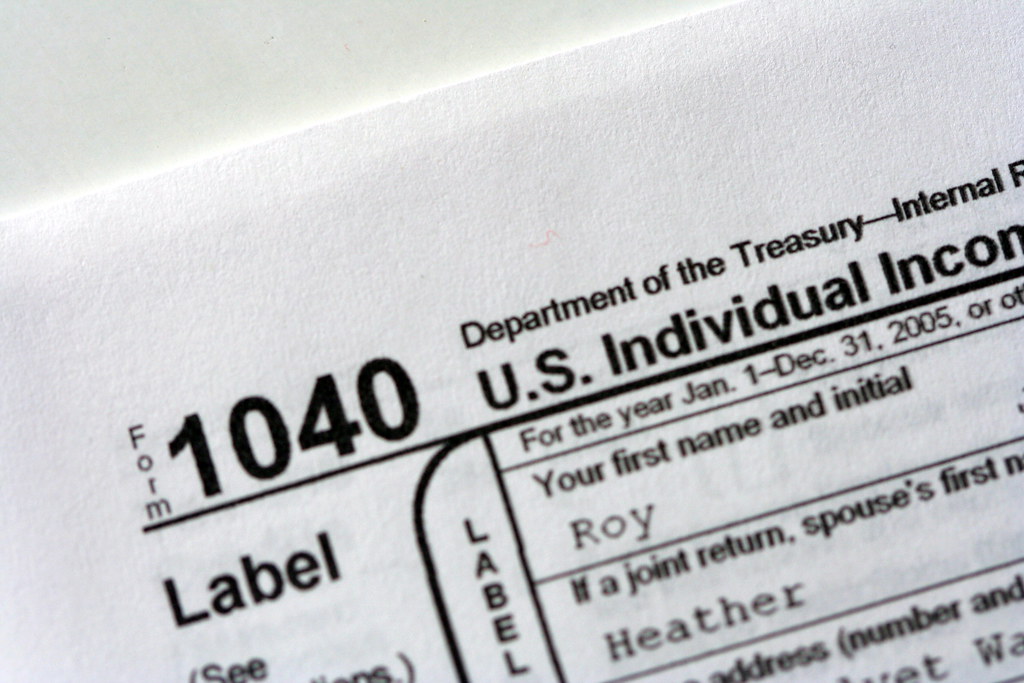The IRS is a process-oriented organization with very precise
guidelines when it comes to filing your taxes. So when it comes to paying your
taxes, well, they expect their money. In fact, they want you to pay everything
you owe when you file your taxes. If you don’t pay, there are
consequences. The IRS has broad powers to seize assets, without a trial and
without a verdict against you. They can simply contact your bank and seize your
savings, or contact your employer and garnish your wages.
They don’t always settle for cash either. They can seize your
home, or your car, or any other physical assets you may own. So what do you do
when your tax debt is more than you can afford?
The last thing you want to do is nothing. The IRS will send you
notices of your delinquency before seizing money or putting liens on your property. In most cases you have time to work out an arrangement of
some sort. Here are five practical tips for handling that IRS debt.
Pay the Debt
This is the most obvious, and fastest way to handle your tax debt.
If you have the money, then you should pay the debt. Ignoring the debt will
only result in penalties and fees, and eventually levies and
garnishments.
Short-Term Installments
The IRS wants you to pay your debt, but they do not want to cause
undue financial hardship. If your debt is more than you can pay in a lump sum,
you should research installment agreements.
A short-term agreement allows you to pay the debt in less than 120
days. There are no fees associated with this plan, but you must have the debt
paid within the 120-day time frame.
Long-Term Agreements
A long-term agreement allows you to pay the debt in over 120 days.
You must pay an application fee, a 20 percent deposit, and you are responsible
for interest accrued. The benefit is less strain on your finances.
Currently Not Collectible

Image via Flickr by John-Morgan
The CNC status can be very beneficial to you in the short term. If
you are in dire financial condition, you may qualify. The IRS will assess your
situation and, if they determine you meet CNC requirements, will defer your tax
debt and stop collections.
This is only a deferment, though. The IRS will reevaluate you in
the future. Once the CNC status is removed, you are once again responsible for
the debt.
Hire a Tax Professional
There are many ways to find relief from tax debt. Hiring a tax attorney or certified
public accountant is a
good idea, especially if your situation is complicated. These professionals
know the laws, they understand how to file with the IRS, and in some cases
actually have working relationships with IRS employees.
They will assess your situation and develop a strategy to handle
your IRS debt. The biggest benefit to hiring a professional is less stress on
yourself.
No matter what your situation is, there is also a way to handle it
effectively. Your tax debt doesn’t have to cause you undue stress, and
financial strain.









